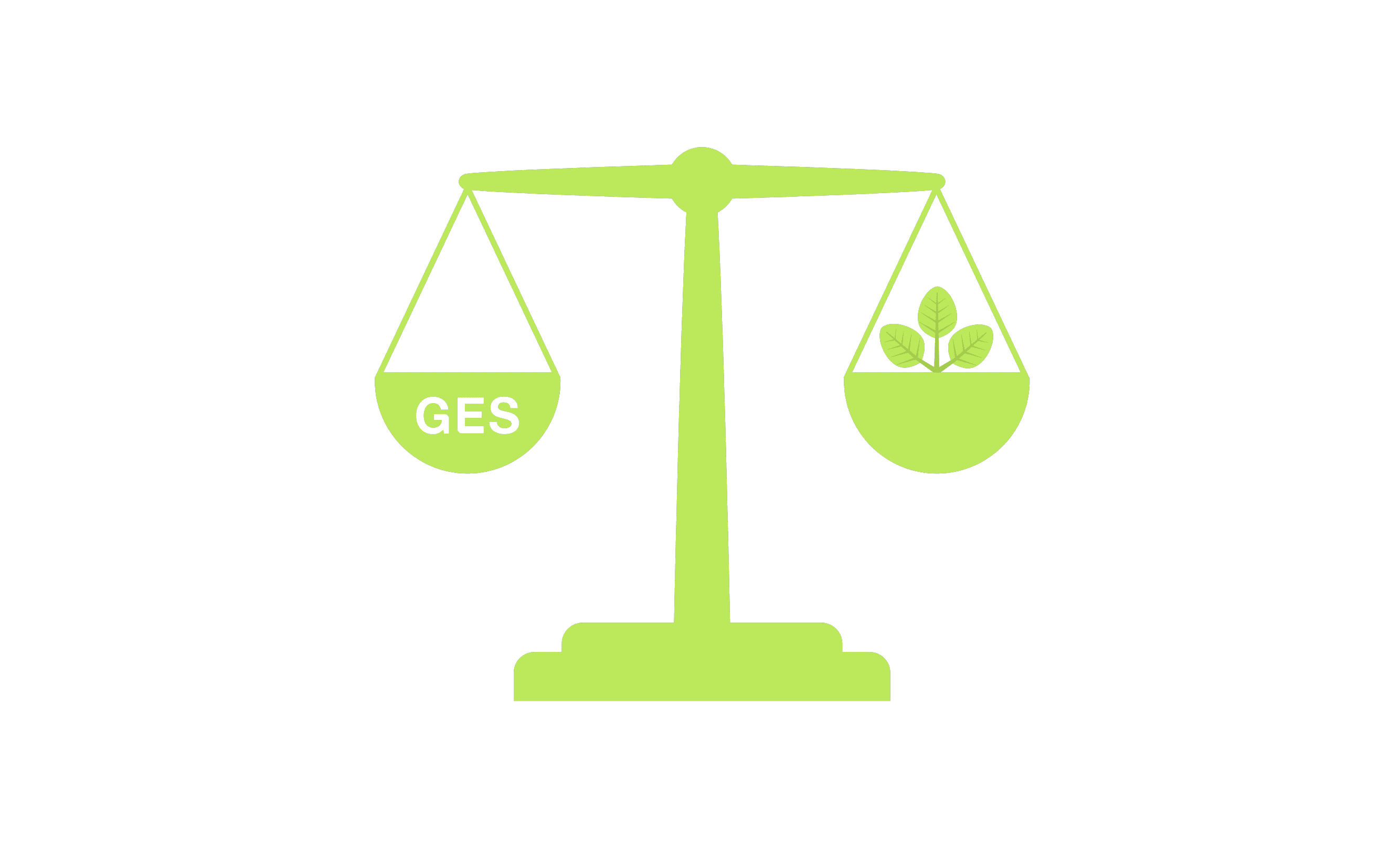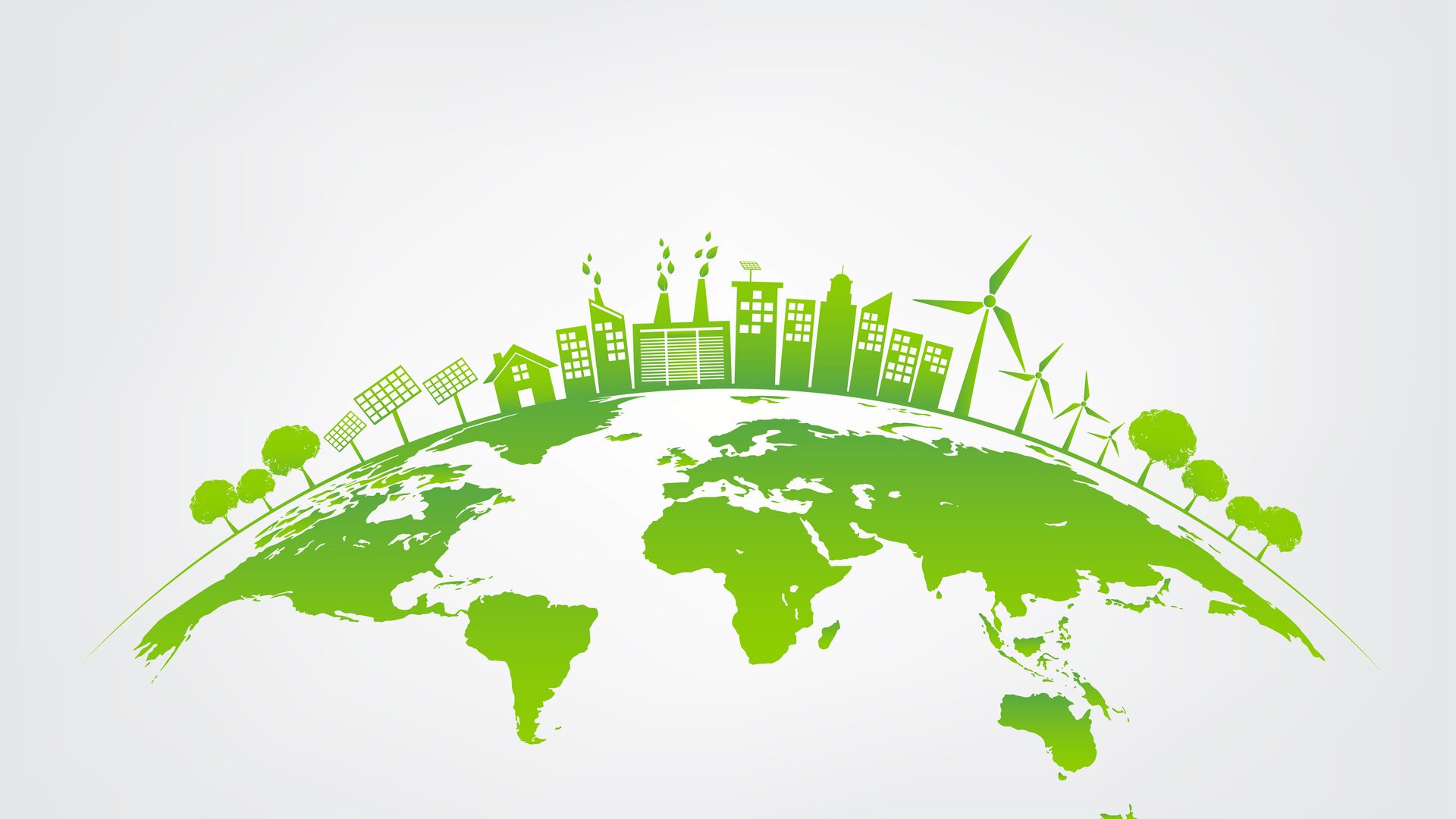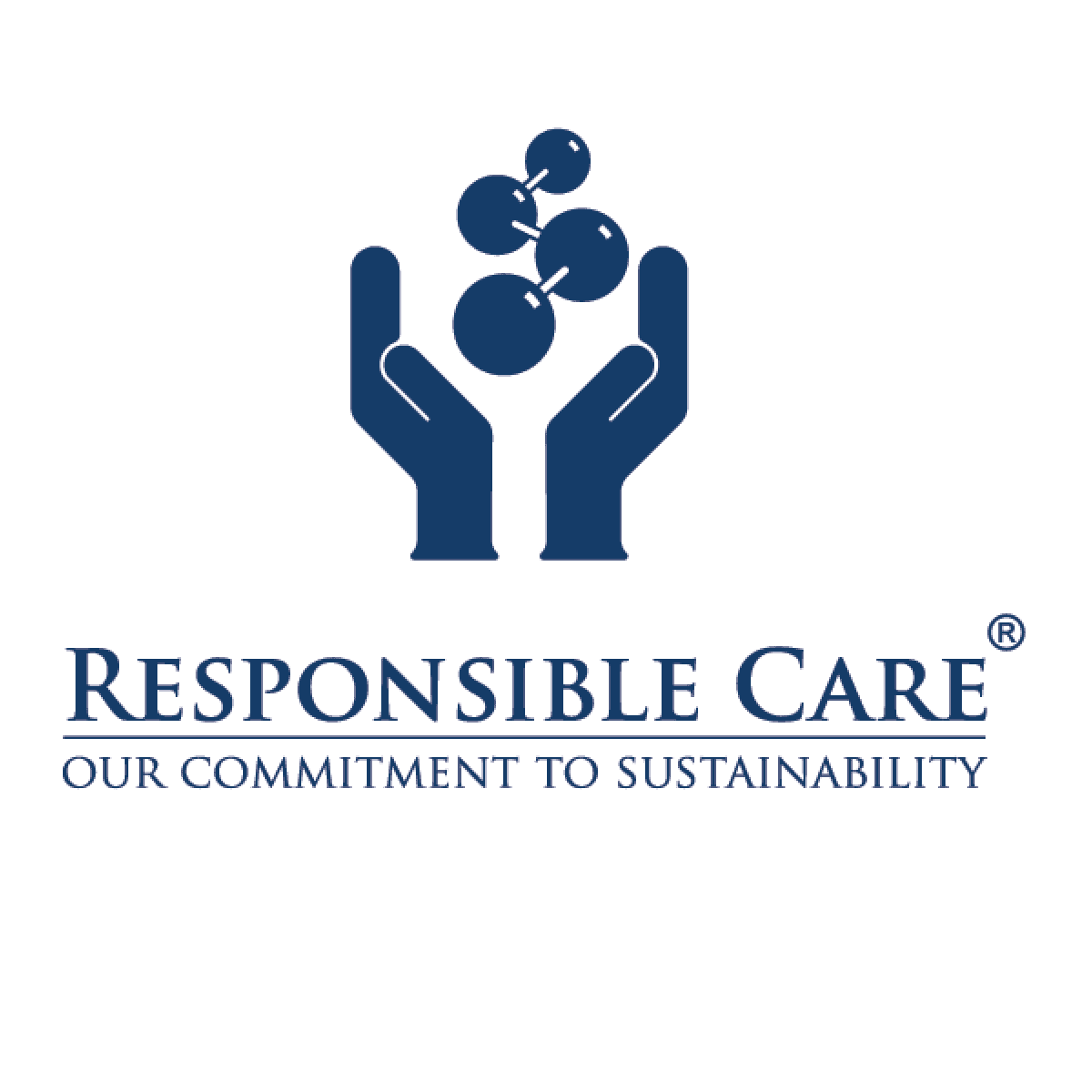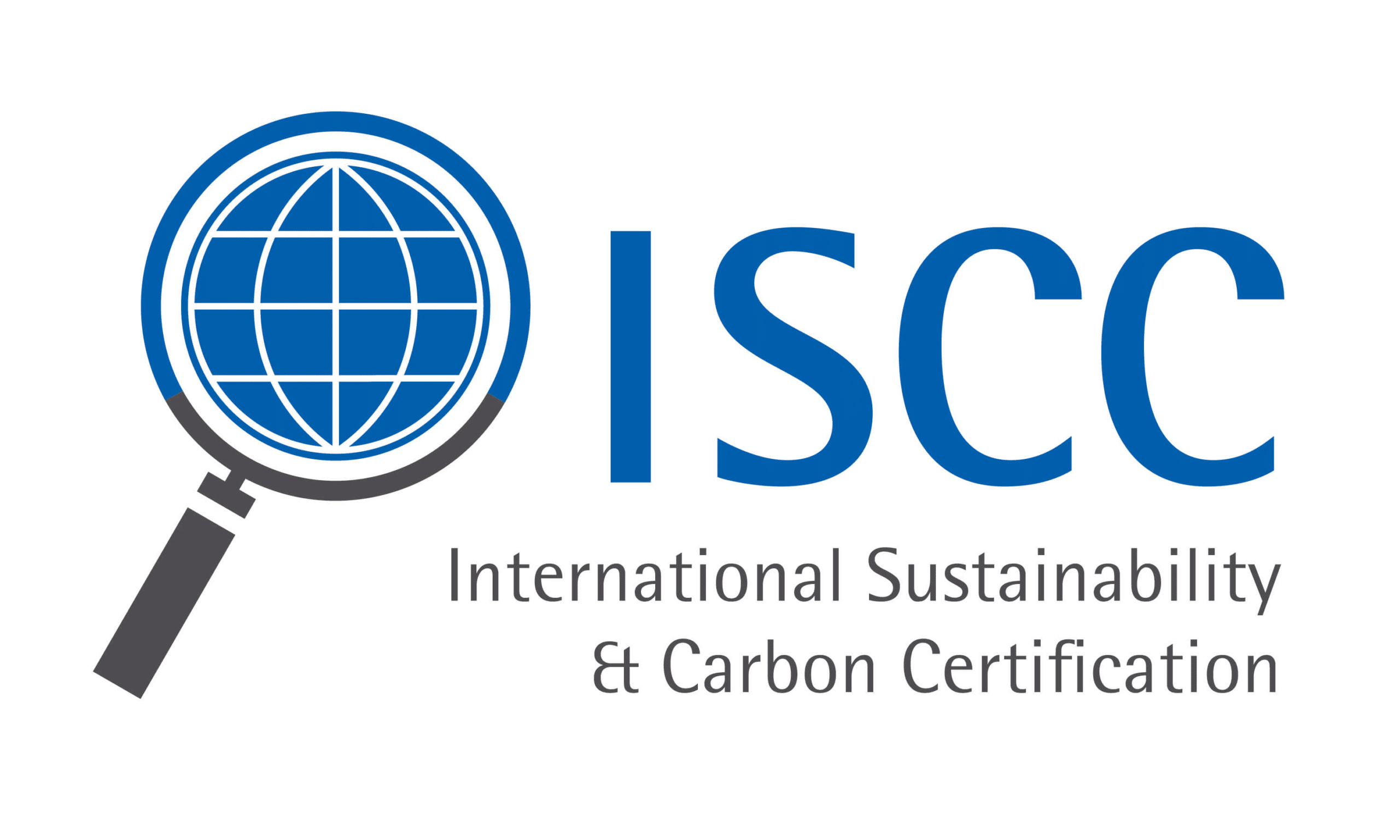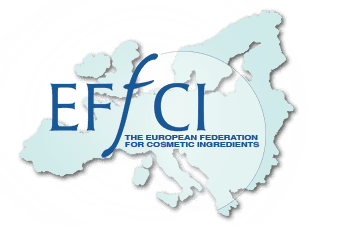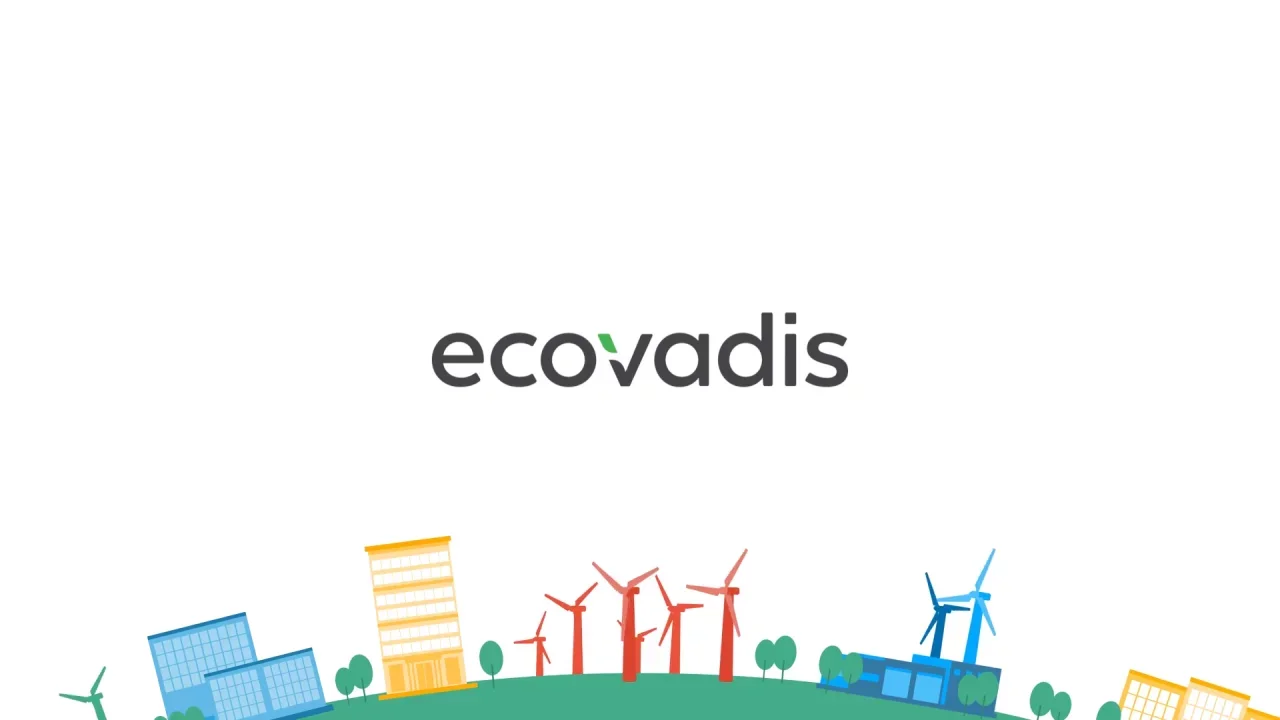SNF has a proactive policy of controlling and reducing the impact of its operations on atmospheric emissions, discharges into water and soil, and the production of waste and hazardous substances introduced into the value chain. These reductions involve optimizing the consumption of raw materials, energy, and natural resources. The reductions also involve improvements in production units, process modifications, and the installation of effluent treatment units, as well as the development of environmental policy knowledge and patents.
SNF is changing its industrial practices to reduce its environmental footprint and act in favor of the climate.
The objective is to control emissions and consumption of non-renewable raw materials, water, and energy, and to protect the soil.

